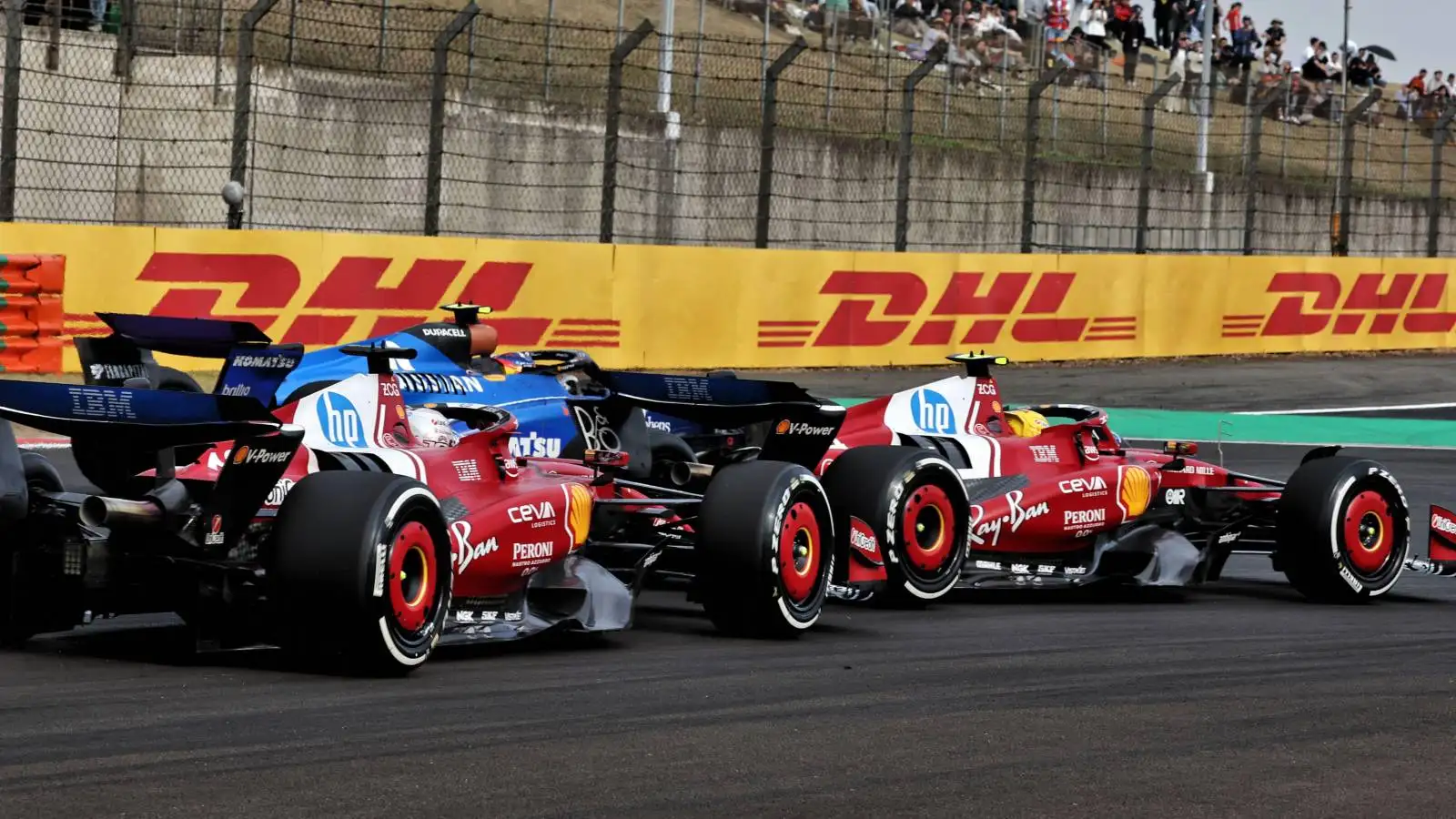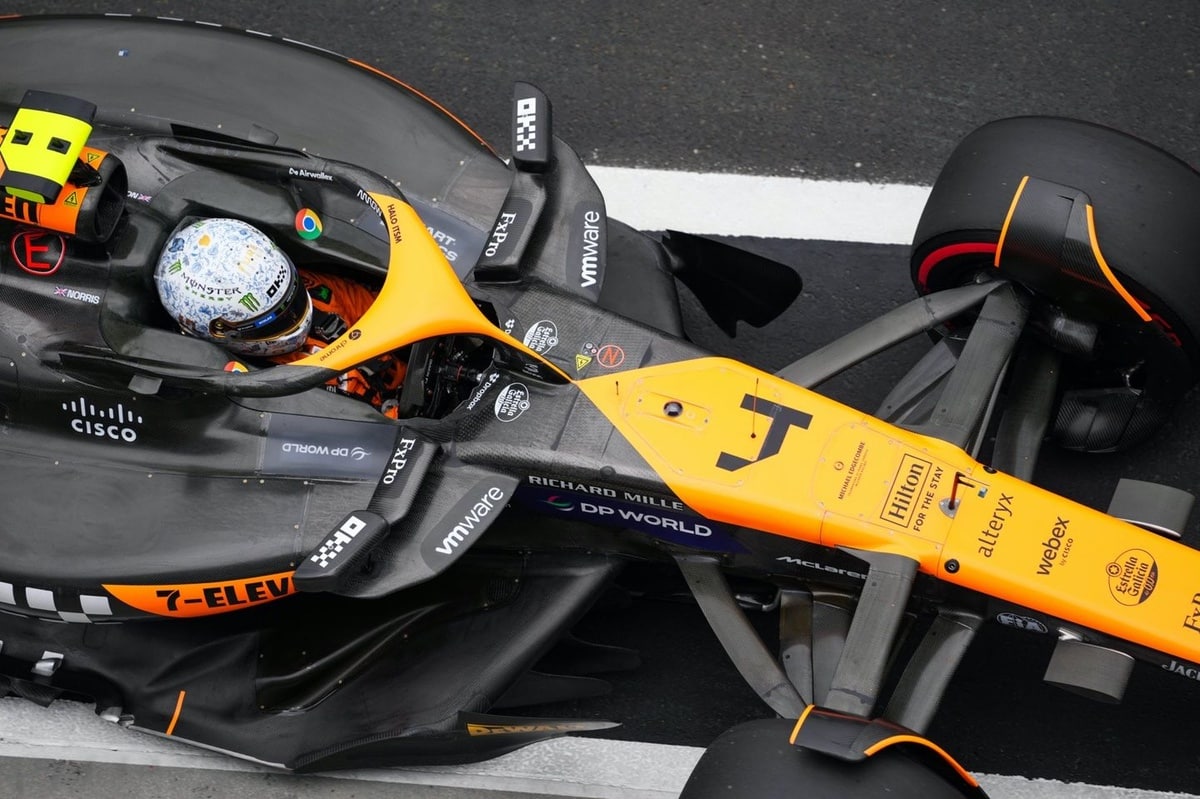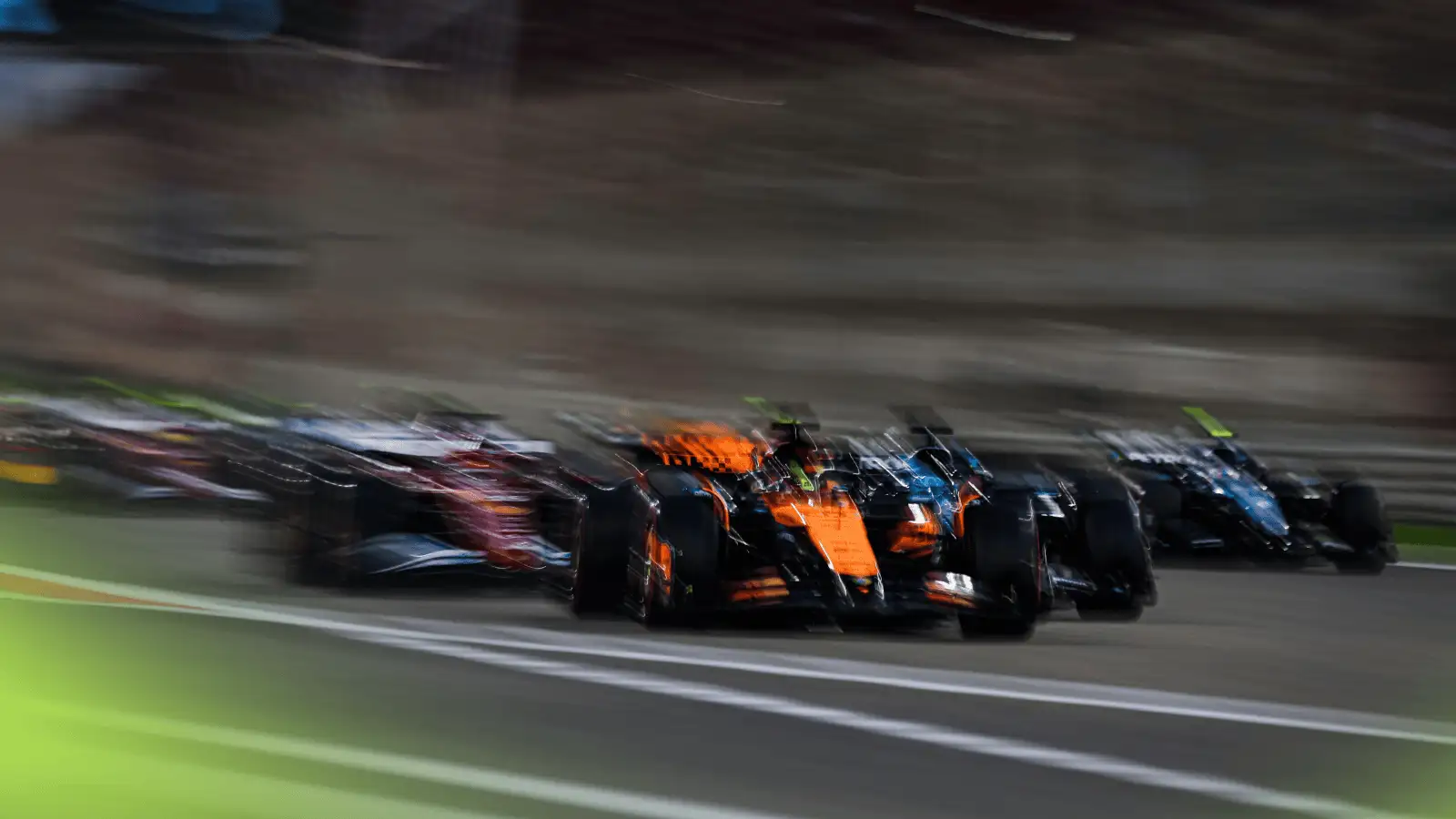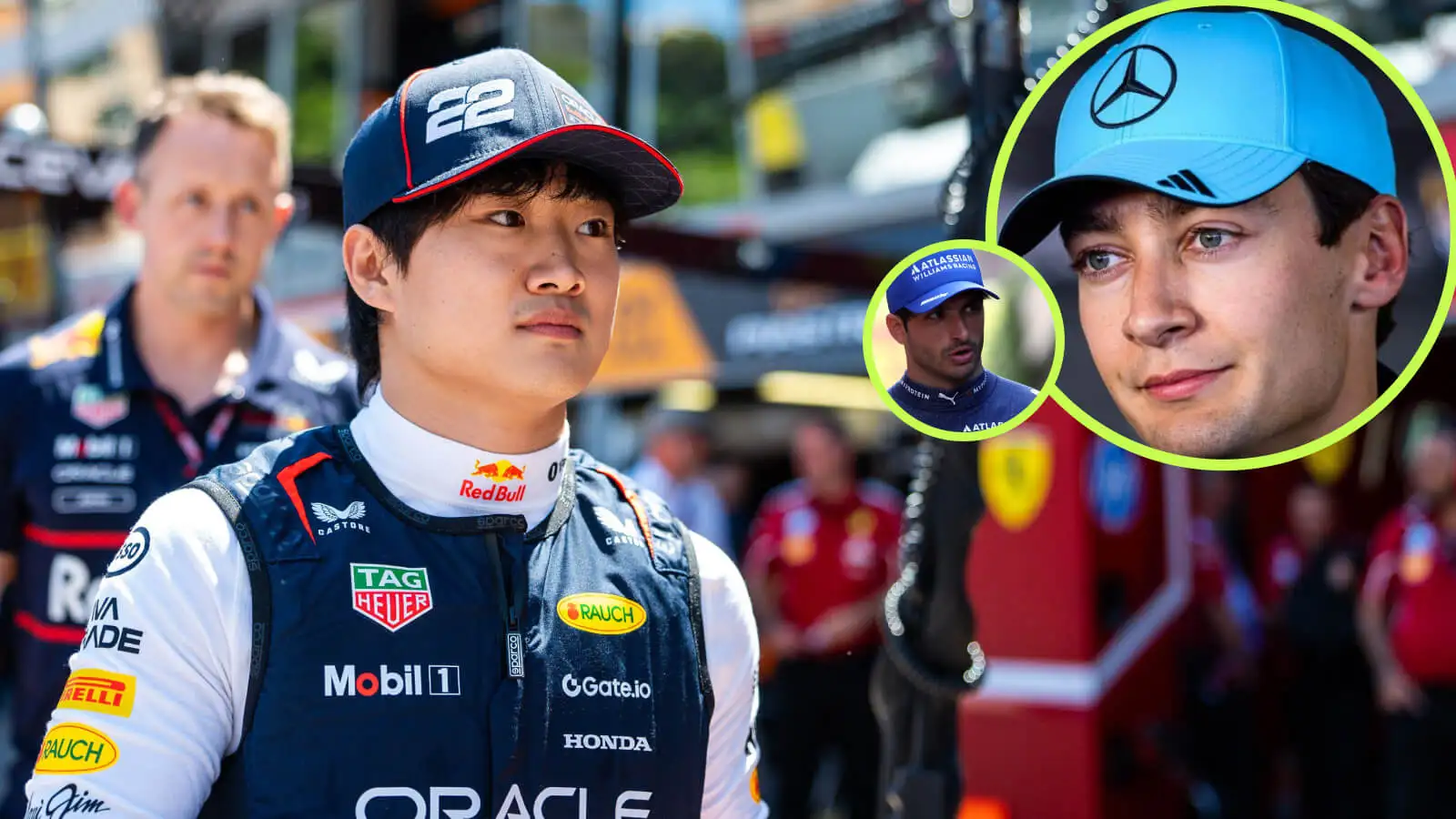Tensions rise as McLaren’s Lando Norris and Oscar Piastri collide in Canada.
- In the final laps of the Canadian Grand Prix, Norris and Piastri clash while vying for fourth place.
- McLaren contemplates its stance on team orders after Norris admits fault and apologizes.
- Despite the collision, McLaren values letting drivers race freely and demonstrate their skills.
- CEO Zak Brown stands by a fair approach, even if it risks losing the championship.
It was a nail-biting finish at the Canadian Grand Prix as Lando Norris and Oscar Piastri, McLaren’s dynamic duo, found themselves in a high-speed clash. With both chasing their first F1 championship, the tension was palpable as they battled for fourth place. Ultimately, Norris, in a dramatic twist, retired early after an unfortunate collision with Piastri.
Despite this setback, McLaren’s top brass, including team principal Andrea Stella, seems to be in no rush to impose strict team orders. Stella expressed the importance of maintaining racing values, allowing drivers to showcase their talents without the confines of excessive pit wall interventions. He emphasized that the drivers need room to operate free from the peril of constant strategic controls.
The incident was not a first; just earlier, Norris had made a bold move past Piastri at the Emilia Romagna Grand Prix, underscoring the team’s commitment to equality among its drivers. The Montreal clash, however, added to a growing lead for Piastri, who now boasts a 22-point advantage. Norris, quick to take ownership of the mishap, apologized to Piastri and the entire team, a gesture that was met with appreciation from the young Australian.
CEO Zak Brown’s stance aligns with this ethos of fairness, even if it means risking a shot at the championship. Brown remarked on his comfort with the possibility of failing to secure the title if it ensures both drivers are treated equitably. This approach is not about who sacrifices points but who truly earns them with merit on the track.
The collision, while regrettable, served as a critical learning point for McLaren. Stella noted that it was never a matter of ‘if’ but ‘when’ the two would come to blows, given their competitive closeness. Norris’s immediate acceptance of responsibility was vital in defusing potential tensions and building resilience within the team. This approach underscores McLaren’s intention to learn from experience and strengthen its internal competition.
McLaren remains committed to an equitable racing strategy, learning from challenges and valuing driver skill over control.









